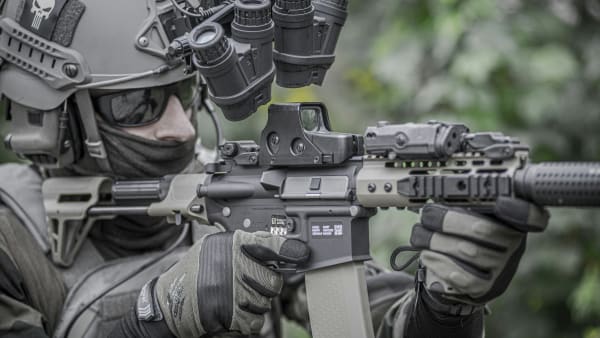Modern aviation requires professionals who not only have the technical skills to operate an aircraft but also exhibit qualities such as strong decision-making, a level head under pressure, and superior spatial awareness, among others. One tool used to ascertain an individual's aptitude for piloting an aircraft is a series of Pilot Aptitude Tests.
This article aims to provide aspiring aviators a comprehensive look into pilot aptitude testing, giving insights into their significance, the areas they cover, and how best to prepare for them.
What are Pilot Aptitude Tests?
Pilot Aptitude Tests are a collection of physical and psychological assessments used to determine if a person has the necessary skills, traits, and capabilities to safely and efficiently operate an aircraft. The testing process is a crucial component of the selection procedure, used primarily by airlines, flying schools, and military organizations globally.
Why are Pilot Aptitude Tests Important?
The importance of Pilot Aptitude Tests lies in the critical nature of the job at hand. Piloting an aircraft - small or large, commercial, or military - is a highly technical and demanding job. And because people's lives are at stake, airlines and other organizations need to ensure their crew meet the required standards.
Acting as a filter, these tests help organizations select the most suitable candidates by evaluating:
- Quick Decision-Making: Pilots must make split-second decisions. Aptitude tests measure how well a candidate can process information quickly and make an accurate judgment.
- Coordination: A significant portion of flying revolves around coordinating multiple inputs simultaneously. Tests assess hand-eye coordination, hand-foot coordination, and multi-tasking abilities.
- Spatial Orientation: Understanding one's position relative to the surroundings is crucial in the air. Tests screen for good spatial awareness and orientation.
- Information Interpretation: Whether it's interpreting a weather map or a technical diagram of the aircraft, pilots need excellent data interpretation skills.
- Stress Management: Tests aim at gauging how candidates perform under stress or high-pressure situations.
Typical Components of the Pilot Aptitude Test
Pilot Aptitude Tests are often composed of multiple test components, each designed to measure specific skills and abilities. Here are typical components:
Cognitive tests: These examine mental agility, including verbal reasoning, numerical reasoning, and abstract reasoning. Simulation exercises may be conducted to gauge reactions under various flight scenarios.
Coordination tests: These test your hand-eye-foot coordination and multi-tasking abilities. For instance, you might be asked to track an on-screen object while also answering math problems.
Spatial awareness tests: These involve tests that assess the ability to mentally imagine spatial relations among objects, a critical skill for avoiding collisions and navigational tasks.
Personality tests: These assessments uncover the behavioral and character traits of the aspiring pilot. They ensure your personality aligns with what's expected of a successful pilot, such as calmness under pressure and assertiveness.
Flight simulator tests: These use high-tech simulators replicating a real-life cockpit interface to gauge your ability to manage and fly an aircraft.
How to Prepare for the Pilot Aptitude Test
The multifaceted nature of Pilot Aptitude Tests can make them seem overwhelming. However, with the correct approach and dedicated preparation, aspirants can significantly increase their chances of success. Here are some tips to effectively prepare:
Understand the test: Gain a clear understanding of what the tests involve, their format, and what skills they aim to measure.
Practice regularly: Take plenty of practice tests - they can help you familiarize yourself with the structure and help you understand your strengths and weaknesses.
Upskill: If there are areas where you need improvement, such as mathematical skills or spatial reasoning, work on those skills separately.
Stay Fit: Physical fitness plays a crucial role in coordination and your ability to withstand the pressures of the testing. Engage in regular physical exercise, maintain a balanced diet, and ensure you get adequate sleep.
Preparation Materials: Consider using preparation materials, manuals, and training software designed specifically for aspiring pilots. These resources can guide on different components of the test and provide tailored practice exercises.
A Final Note
Whether you are dreaming of flying commercial jets, private aircraft, or joining the air forces, passing the Pilot Aptitude Test is an inevitable and crucial step in your aviation journey. By understanding their significance, knowing what to expect, and preparing thoroughly, you stand a strong chance to position yourself favorably to the selection committee. Remember, the sky's not the limit, it's just the beginning, and every successful pilot's journey started on the ground, quite likely with a Pilot Aptitude Test.




